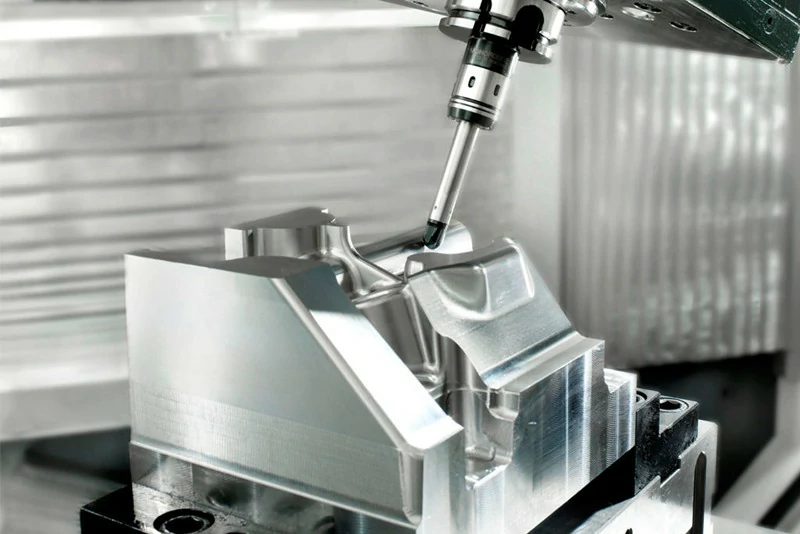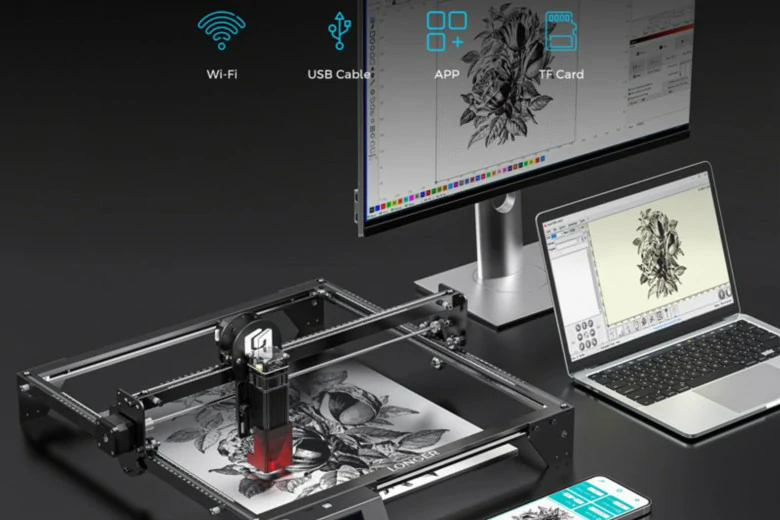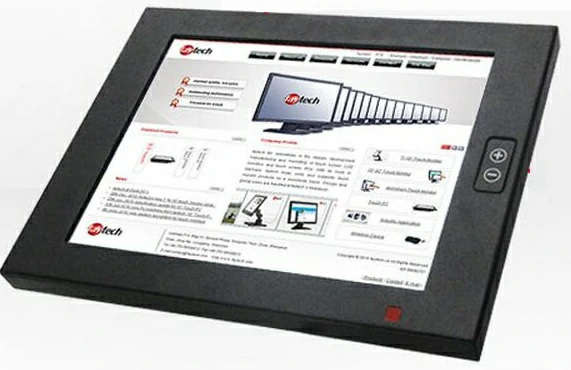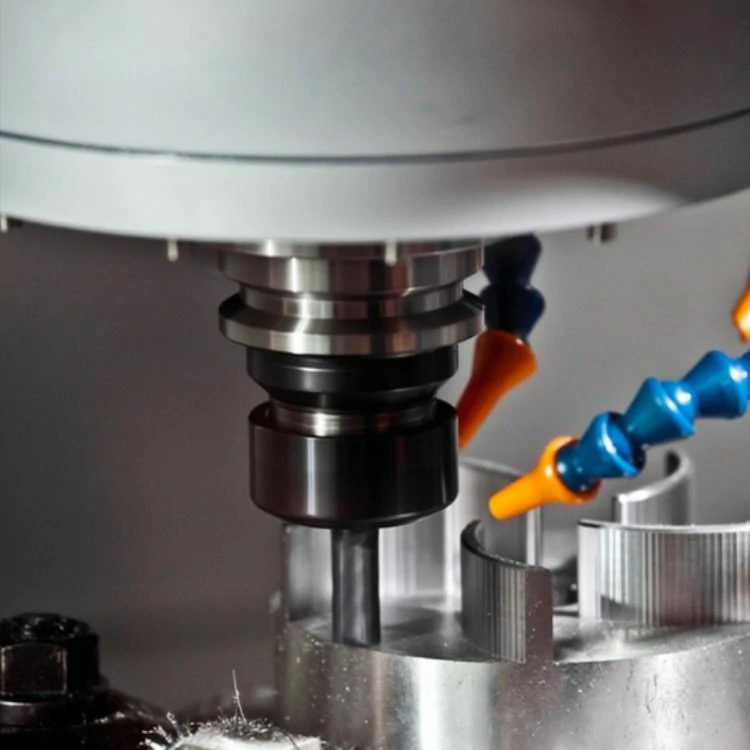Custom CNC parts processing is a highly specialized field that plays a crucial role in various industries. In this article, we will explore the significance of custom CNC parts processing and its impact on modern manufacturing.
Custom CNC (Computer Numerical Control) parts processing refers to the manufacturing process that utilizes computer-controlled machines to produce precise and intricate components according to specific design requirements. These parts are made from a variety of materials such as metals, plastics, and composites, and they serve as critical building blocks for numerous products in industries ranging from aerospace and automotive to electronics and medical.
One of the key advantages of custom CNC parts processing is its ability to produce highly accurate and consistent components. The CNC machines are programmed with detailed instructions, allowing them to execute complex cuts, drills, and surface finishes with exceptional precision. This level of accuracy ensures that the final parts meet the strict tolerances and specifications required by the designers and engineers.
Furthermore, custom CNC parts processing offers tremendous flexibility in terms of design customization. With the help of computer-aided design (CAD) software, engineers can create intricate and complex part geometries that would be otherwise impossible to achieve through traditional manufacturing methods. This flexibility allows for greater innovation and enables companies to create unique products that stand out in the market.
Another significant advantage of custom CNC parts processing is its efficiency and cost-effectiveness. CNC machines can run continuously, working around the clock with minimal human intervention. This not only reduces production time but also lowers labor costs. Additionally, the CNC machines are capable of performing multiple operations simultaneously, further improving productivity and reducing overall manufacturing costs.
Moreover, custom CNC parts processing offers excellent repeatability. Once a part design has been perfected, the CNC machine can reproduce it identically and consistently, ensuring that all subsequent parts are of the same high quality. This repeatability is crucial for industries that require large quantities of identical components, such as automotive assembly lines or electronics manufacturing.
In recent years, advancements in technology have further enhanced the capabilities of custom CNC parts processing. For instance, the integration of artificial intelligence and machine learning algorithms has enabled CNC machines to continuously optimize their toolpaths and machining parameters, resulting in even greater efficiency and accuracy. Additionally, the use of additive manufacturing techniques, such as 3D printing, alongside CNC machining has opened up new possibilities for creating complex and lightweight parts.
In conclusion, custom CNC parts processing is a vital aspect of modern manufacturing. Its ability to produce highly accurate, customizable, and cost-effective components has revolutionized various industries. From aerospace and automotive to electronics and medical, custom CNC parts processing plays a key role in ensuring the success and advancement of these sectors. As technology continues to evolve, we can expect further innovations in this field, leading to even more efficient and precise production methods.
.webp)



